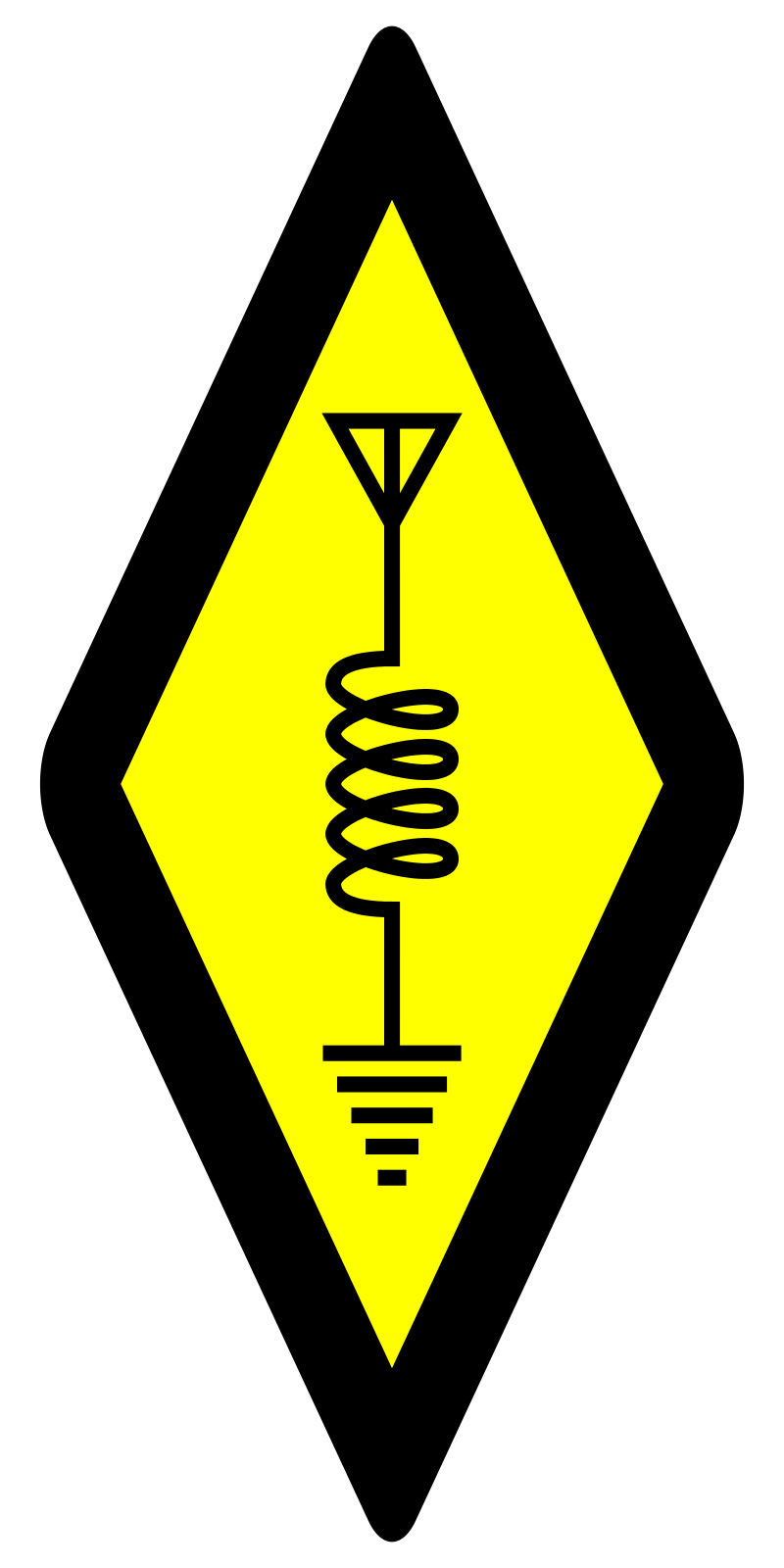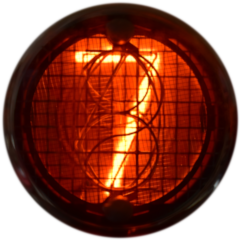An ice fishing box to house my ic-7000, an atu, a battery pack. Very crude but solid rack made of pine board I had laying around. This is cobbling of the best sort.
Love it, great job!
If I had to provide points of possible improvement:
- N connector instead of PL259
- RG214 cable
Source: I’m environmentally damaged from doing GMDSS installs for four years.
Which antenna are you using? What’s your TX wattage?
There’s negligible advantage in loss going from pl259 to N connectors on HF. You don’t have the kind of losses you do on VHF and especially UHF. The only time N is really nice is when you need an intrinsically weatherproof connector -but this is mounted inside the weatherproof box.
If you want slightly better loss specs AND a more convenient, quicker connector, BNC is great. But PL259, as I said, is fine.
Didn’t have N connectors. They’re so fiddly to solder. And rg58 is what I have so that is what I use.
It’s an IC7000, so it can do 100w on HF. I will use various antennas. But all of them built from bits and pieces in the garage. Mostly eflw, dipols or verticals I think.
Looks elegant and useful!
Does the wood add a lot of weight to it or is it pretty negligible? Are you using a LiFePO4 battery? That would definitely lighten the load too.
Yes, it is quite heavy. Not for light trekking.
Yes a 32Ah 4s lifepo4. Fantastic battery. I can run full power for hours
A manpack? What?
It’s like a fannypack… but you put it on your man. punches another hole in the drywall “yeah! I am a maaaaaaannnnnnnn!”
The women drywallers be like: “Cringe…”
…but yes, fannypack would’ve sufficed.
It’s a (kind of silly) throwback to the radios that armies used in the first half of the 20th century that were large enough to necessitate a dedicated person backpacking them around everywhere. It’s still common in ham radio like other traditionalist terms. “Portable station” is more accurate, but maybe boring?
Great, now where will the beer go??
See that black lid? I think it can just about hold 6 cans.
Whew, good. Don’t scare me like that.
How much power does such a radio need? At what voltage (or just I and U)?
Ever since USB-C powerbanks with up to 20 V from PD are a thing, I use them for as much as possible.
Voltage is generally standardised to 13.8 V (don’t ask me why).
I don’t know what exact radio that is, but it looks like it can probably transmit at 50 W.
13.8v is the charging voltage of lead acid batteries. So it stuck.
That’s a ic-7000 and it does 100w out on hf.
It looks like for FM it can go up to 100w.
Ah makes sense: alternator voltage of a car. I assume it works essentially just as well on 12 V, but USB PD, as of today, can not do 100 W or ~9 A at 12 V.
Amateur radios are generally spec’d at 13.8v plus or minus either 10% or 15% so that they work on a non-running car (12.something volts) or if an alternator is running a bit hot. A 100W radio like this is pretty much always going to require around 20amps at full power -but they have adjustable transmit power. They don’t transmit as well at the lower voltage range, but most people don’t worry about it.
How much RFI do those power banks spew out?
USB PD only goes up to 3A at 15V. That’s not enough current to run a mobile radio.
A small LiFePO4 battery is a much better choice as it will supply a stable 12.8V without any switch mode supplies.@AG7LR
@Eheran This is incorrect. USB PD does 20V 5A (100W) with the common 3.0 version. 3.1 increases that to 240W using higher voltages. https://www.usb.org/usb-charger-pdMost radios won’t run on 20V or higher. At 15V or lower, USB PD is limited to 3A.
If you wanted to get 100 watts, you would need a buck converter to step 20V down to 13.8V. Now you have two switch mode power supplies producing RFI.
I agree. Never measured the RFI since it usually replaces a cheap switchmode power supply from mains, so can only get better.
I personally don’t think it’s redneck engineering. Redneck engineering must include bondo in some shape or form, IMHO.
The first thing that comes to mind is airflow. It would be trivial to tape up some 25mm 12v fans for just a bit of circulation. Nothing massive or noisy would be needed, just something to blow over the radio and batteries would work well.
Heat will obviously travel up and out, but a little bit of coaxing never hurts.
A fan or two into that gap below the radio is one of the improvements on the block. Together with a voltmeter for the battery.
Put the volt-meter in series with a switch or momentary button. They tend to draw a little power, so you don’t want it draining your battery when you are not using it. If you stick a cig (accessory) port in there too, you could plug in other things, or a usb charger or whatever if needed. I’ve used my pota battery to run a small 12v air compressor, for instance.
I have a master switch on the power cable before the fuses even. I lost a couple of expensive lipo batteries when I forgot to disconnect them and put the radios away for a few months.








